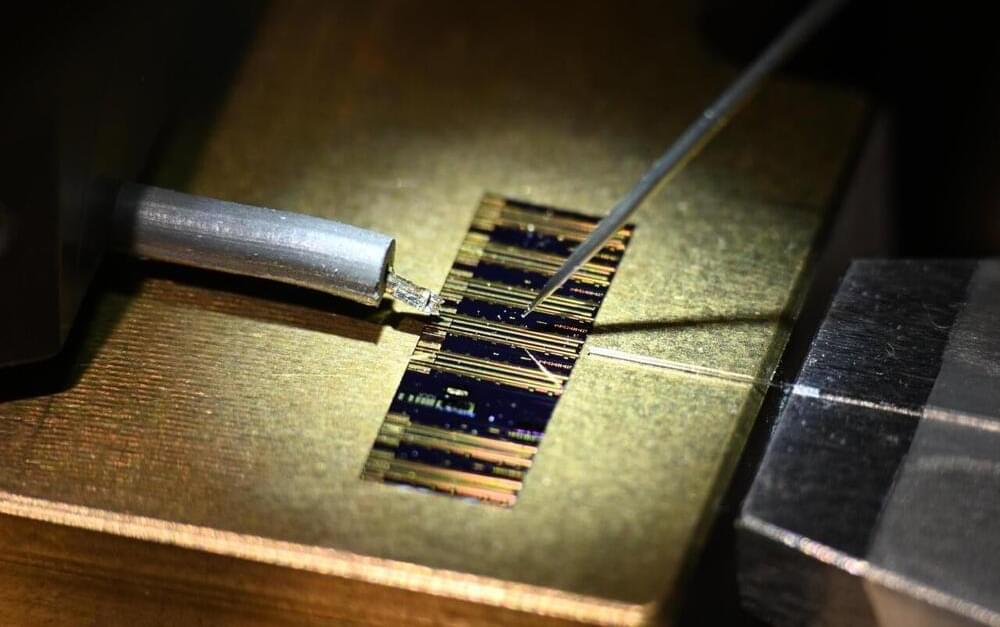In-plane magnetic fields are responsible for inducing anomalous Hall effect in EuCd2Sb2 films, report researchers from the Institute of Science Tokyo. By studying how these fields change electronic structures, the team discovered a large in-plane anomalous Hall effect.
These findings, published in Physical Review Letters on December 3, 2024, pave the way for new strategies for controlling electronic transport under magnetic fields, potentially advancing applications in magnetic sensors.
The Hall effect is a fundamental phenomenon in material science. It occurs when a material carrying an electric current is exposed to a magnetic field, producing a voltage perpendicular to both the current and the magnetic field. This effect has been extensively studied in materials under out-of-plane magnetic fields. However, research on how in-plane magnetic fields induce this phenomenon has been very limited.
